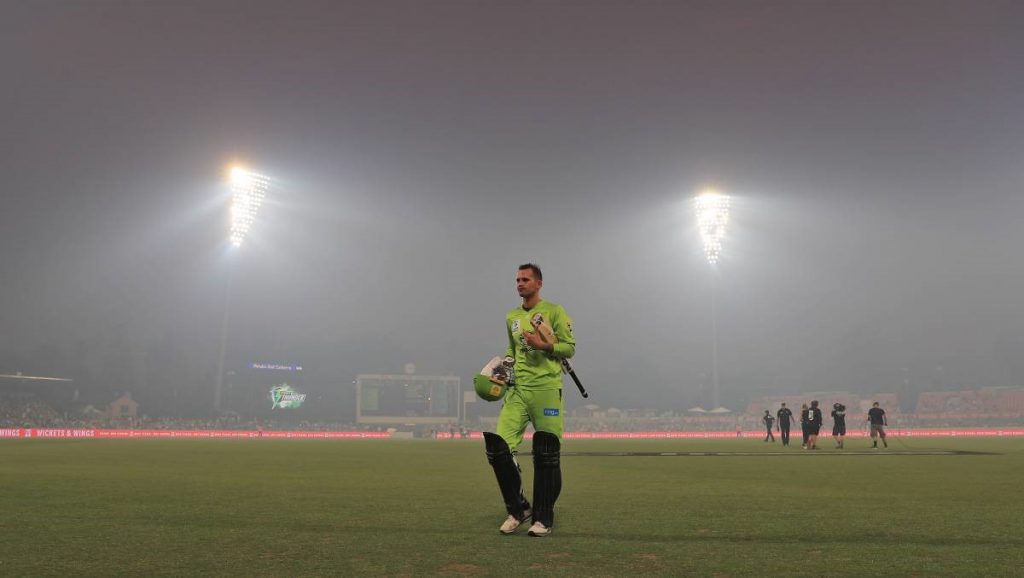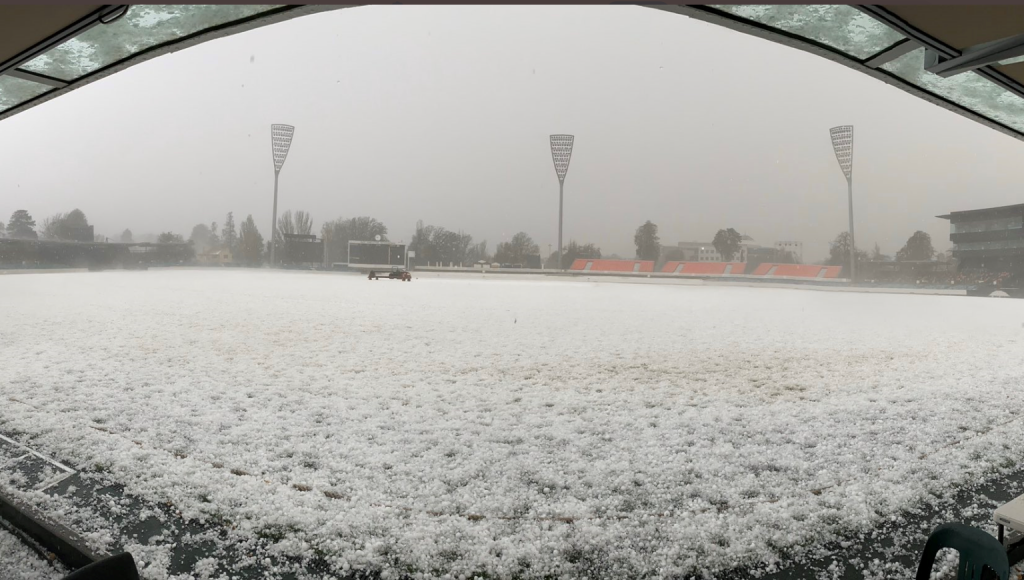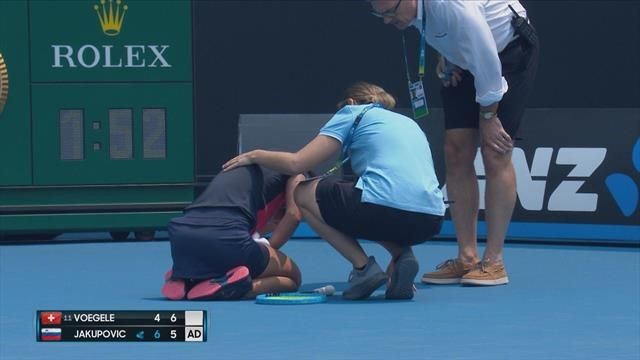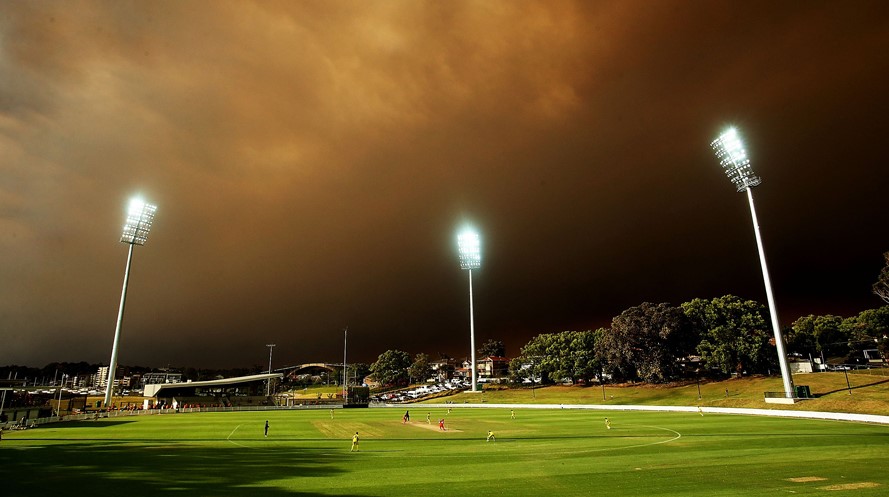
Never before has climate change impacted Australians with such widespread ferocity as what has been experienced over the last two months. Climate change is creating an unpredictable and unsettling future that is creating ‘new norms’ that will impact all aspects of everyday life. While there have been direct impacts through devastating loss of life, property and natural habitat, there will also be lasting impacts that will permeate through many communities of which sport and entertainment has traditionally had a significant role to play.
The recent fundraising response to support the bush fire emergency has been nothing short of incredible and is not surprising given the importance of environmental sustainability to everyday Australians. In research conducted by Gemba in 2019, we identified that one in two every-day Australians and almost three quarters of Australian Sports Fanatics are highly passionate about Environmental Sustainability. Not only this, but the rate at which younger Australians care about sustainability and individual environmental issues is increasing at a rapid rate, with 53% of Australians aged between 16 and 24 caring more about sustainability than twelve months prior. The importance of environmental sustainability is only expected to grow, and with it, the expectations on Government bodies and large corporates to do more.
Most Important Societal Issue | Australian Sports Fanatics (16-65)
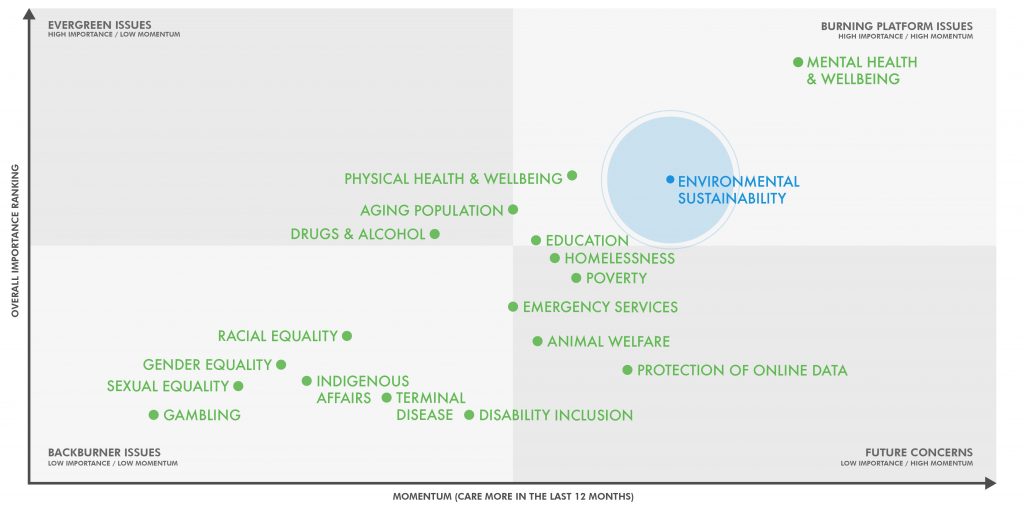
Source: Gemba 2019 research “Playing the Long Game”
AN UNPRECEDENTED SUMMER OF SPORT
For the first time in history, we are seeing the sustained impact that climate change can have on different industries, which is forcing consumers and organisations to think and act differently. The impact on sport and entertainment specifically has been unprecedented, with a large number of events being significantly impacted by recent extreme weather conditions. Some of these include:
12 November: World Rally Championship cancelled
2 December: Subsonic music festival postponed
10 December: Sydney to Hobart pre-race event cancelled
22 December: BBL match abandoned (Sydney Thunder and Adelaide Strikers)
28 December: Lost Paradise music festival cancelled
29 December: Falls Festival cancelled
2 January: ABL series cancelled (Canberra Cavalry and Adelaide Giants)
3 January: Canberra International Tennis Competition relocated
3 January: W-League match postponed (Canberra and Newcastle)
3 January: WNBL match cancelled (Canberra Capitals and the Perth Lynx)
6 January: Sydney Festival’s Opening Night cancelled
7 January: The first Day on the Green show of 2020 cancelled
9 January: The Rainbow Serpent music festival postponed and reduced
14 January: Kooyong Classic matches abandoned
16 Jan: BBL match abandoned (Sydney Sixers and Hobart Hurricanes)
Manuka Oval, Canberra – 22 Dec 2019 (Credit: The Canberra Times)
Manuka Oval, Canberra – 20 Jan 2020
SUSTAINABILITY – A LONG GAME
But the impact has been much wider than this, with many local businesses forced to close, community programs cancelled, sporting facilities destroyed and the ability for people to get outdoors significantly impeded. From an elite sport and entertainment perspective, not only were major events impacted, but governing bodies have been forced to make critical decisions relating to the health and welfare of athletes and consumers like never seen before. This notion was highlighted recently when decision to continue playing professional tennis matches were made on days when Victoria’s state of Environment Protection Authority advised people to stay indoors and avoid exercise.
Dalila Jakupovic abandons Australian Open qualifying match (Credit: Eurosport)
Over the next few months, attention will slowly turn from providing immediate assistance to communities, to supporting communities rebuild in a sustainable way for the long term. This prompts the question – how can we, as a society, minimise the risk of similar disasters from occurring in the future? From a public perspective the answer is a bit clearer – we need to be more conscious of our direct impact on the environment and in turn, make more considered decisions. But what is/should/can the role of sports (and all large private) organisations be to help rebuild local communities as well as minimise overall environmental impact?
WHAT CAN SPORTS ORGANISATIONS DO?
Sport has always played an important role in driving societal change and Australian sport organisations have recognised the role they have in providing support as well as being part of a longer term solution. This week, CEOs from AFL, Rugby Australia, Cricket Australia, Football Federation Australia, National Rugby League, Netball Australia and Tennis Australia announced a long-term plan to work with Government on rebuilding sporting facilities in communities affected by the recent bush fires.
While there are many sports organisations, stadiums and brands doing amazing things in the sustainability space, there are also a lot still learning and not sure where to start. As a first step, sports organisations should aim to address sustainability as part of their strategic planning process and begin thinking about how they can make real commitments to change within their sphere of influence.
One way for sports organisations to set their intentions is to sign up to the United Nations Sports for Climate Action Framework, which aims to use sport as a tool to create global unity towards climate action. Signing up to the framework means committing to a set of five principles to guide the development of sustainability initiatives to support long-term climate change goals.
While Australians are vocal about their passion for sport and environmental sustainability, this has yet to translate into Australian sports organisations signing up to the globally acknowledged framework, with only four entities currently committed (Melbourne Cricket Club, Tennis Australia, Bowls Australia and Richmond Football Club). For those organisations that aren’t eligible to join the UN framework, you can still adhere to the principles and start incorporating them into your strategies, policies and procedures.
By taking pro-active stances and implementing meaningful actions, I believe sport, and all those who love it, can be the catalyst for broader societal change and play an important role in tackling climate change.
